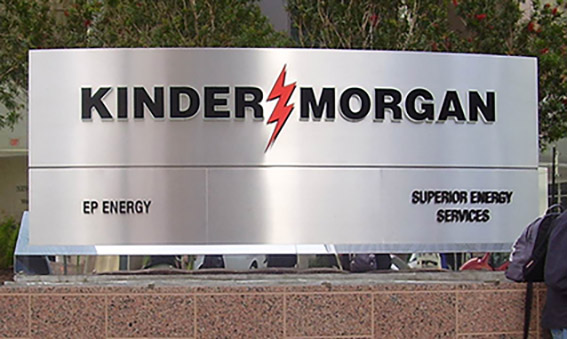Kinder Morgan, the pipeline operator, announced it has agreed with Neste, one of the world’s biggest biofuels producers, to convert tankers on the company’s Harvey, Louisiana, facility.
The conversion would allow tankers to process and produce biofuels from renewable feedstocks, such as used cooking oil. However, the upgrades from Kinder Morgan will also tackle the rails, trucking, and marine infrastructure to enhance the facility as a whole.
According to a Reuters exclusive report, the agreement initially involves the reconversion of 30 tanks at Neste’s U.S. primary hub. The conversion would allow the company to produce renewable diesel, sustainable aviation fuel (SAF), and renewable plastics.
After the conversion, the tankers will hold more than 650,000 barrels of oils, about one-fifth of the farm’s current capacity, the companies said. “The U.S. has all the infrastructure in place,” said Jeremy Baines, president of Neste U.S.
Also recommended for you: “30 Minutes or Less” – Ozop Energy Solutions. Digital Magazine Article. Click here to read.
Kinder Morgan to back up Neste’s plans for big biofuels production
Although the companies did not disclose any details of the agreement, such as the financials or any other of the terms, Kinder Morgan did say that its terminal division plans to finance the project internally. The first stage of the project might be complete by the first quarter of 2023.
John Schlosser, president of Kinder Morgan Terminals, commented. “We’ve seen this market shift coming for quite some time”. He also added that the new hub would lower the company’s logistics costs.
On the other hand, the agreement comes as Neste, one of the largest refiners of renewable fuels in the world, mounts and executes a strategy to increase its renewable fuels output. In fact, in Singapore, the company is doubling the size of its refinery so it could be able to produce up to 1 million tons of sustainable aviation fuel, renewable diesel, and renewable raw materials for polymers and chemicals.
Finally, in 2023, the company expects to produce more than 515 million gallons of SAF per year. To do that, the company has been acquiring companies that collect cooking oil from restaurants across the U.S. Purchases include Illinois-based Mahoney Environmental in 2020 and Minnesota-based Agri Trading last week. Used cooking oil is less carbon-intense than most other vegetable oil feedstocks.


